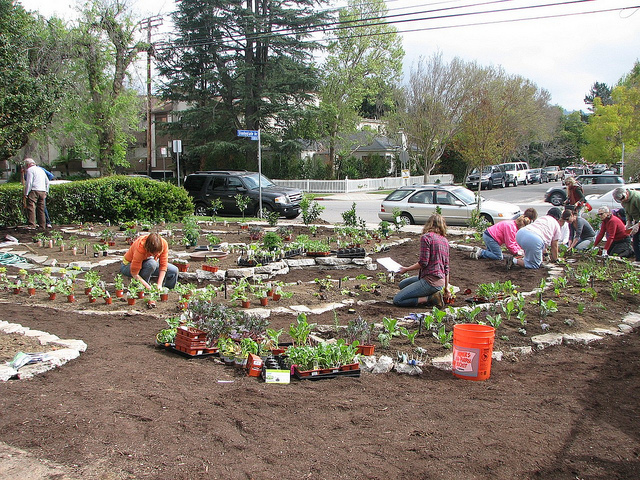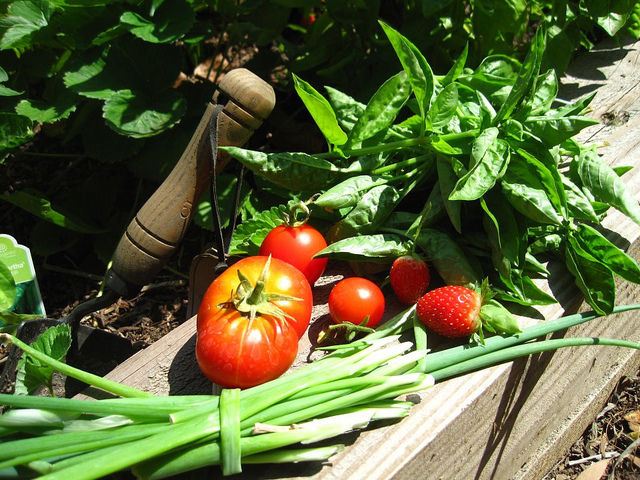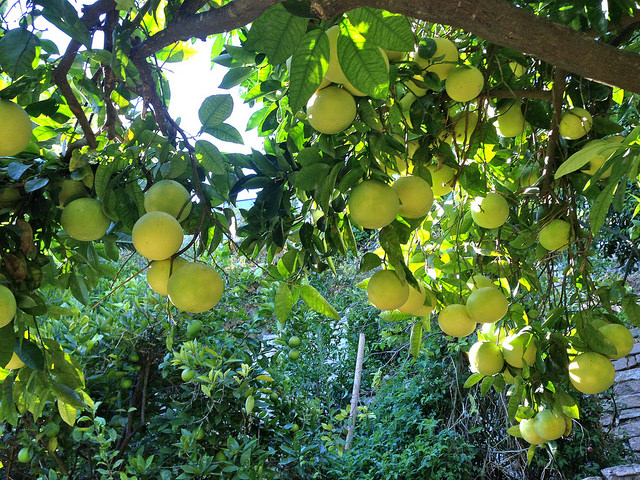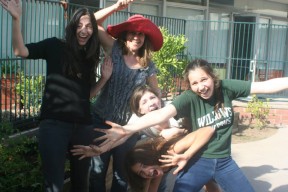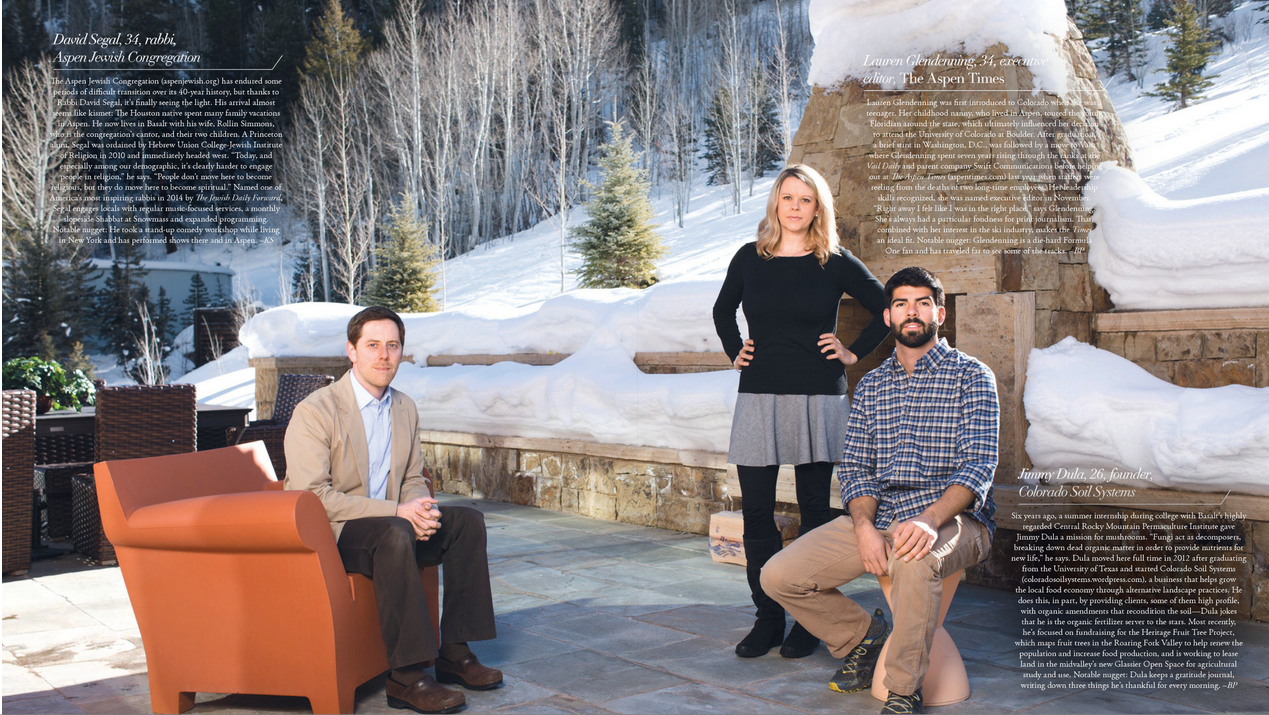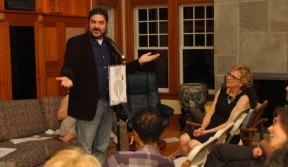The May 2015 issue of Voices of Conservative/Masorti Judaism profiles two JOIN leader alumni, Rabbi Noah Farkas and Rabbi Dave Baum, and JOIN for Justice in their excellent article, “Holy Chutzpah: Synagogues move from social action committees to social action commitment.”
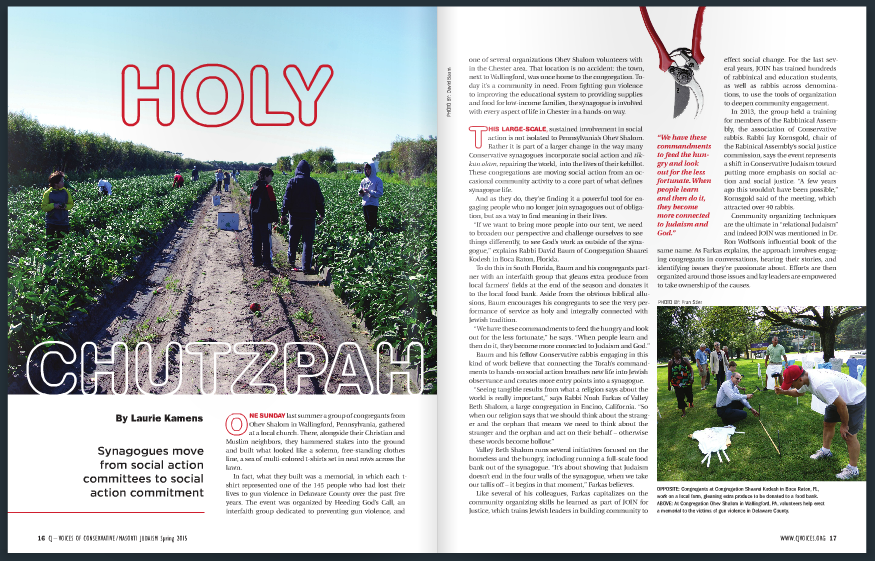
Click the image above to read the article — and read an excerpt here:
This large-scale, sustained involvement in social action is not isolated to Pennsylvania’s Ohev Shalom. Rather it is part of a larger change in the way many Conservative synagogues incorporate social action and tikkun olam, repairing the world, into the lives of their kehillot. These congregations are moving social action from an occasional community activity to a core part of what defines synagogue life.
And as they do, they’re finding it a powerful tool for engaging people who no longer join synagogues out of obligation, but as a way to find meaning in their lives.
“If we want to bring more people into our tent, we need to broaden our perspective and challenge ourselves to see things differently, to see God’s work as outside of the synagogue,” explains Rabbi David Baum of Congregation Shaarei Kodesh in Boca Raton, Florida.
To do this in South Florida, Baum and his congregants partner with an interfaith group that gleans extra produce from local farmers’ fields at the end of the season and donates it to the local food bank. Aside from the obvious biblical allusions, Baum encourages his congregants to see the very performance of service as holy and integrally connected with Jewish tradition.
“We have these commandments to feed the hungry and look out for the less fortunate,” he says. “When people learn and then do it, they become more connected to Judaism and God.”
Baum and his fellow Conservative rabbis engaging in this kind of work believe that connecting the Torah’s commandments to hands-on social action breathes new life into Jewish observance and creates more entry points into a synagogue.
“Seeing tangible results from what a religion says about the world is really important,” says Rabbi Noah Farkas of Valley Beth Shalom, a large congregation in Encino, California. “So when our religion says that we should think about the stranger and the orphan that means we need to think about the stranger and the orphan and act on their behalf – otherwise these words become hollow.”
…
Like several of his colleagues, Farkas capitalizes on the community organizing skills he learned as part of JOIN for Justice, which trains Jewish leaders in building community to effect social change. For the last several years, JOIN has trained hundreds of rabbinical and education students, as well as rabbis across denominations, to use the tools of organization to deepen community engagement.
In 2013, the group held a training for members of the Rabbinical Assembly, the association of Conservative rabbis. Rabbi Jay Kornsgold, chair of the Rabinical Assembly’s social justice commission, says the event represents a shift in Conservative Judaism toward putting more emphasis on social action and social justice. “A few years ago this wouldn’t have been possible,” Kornsgold said of the meeting, which attracted over 40 rabbis.
Community organizing techniques are the ultimate in “relational Judaism” and indeed JOIN was mentioned in Dr. Ron Wolfson’s influential book of the same name. As Farkas explains, the approach involves engaging congregants in conversations, hearing their stories, and identifying issues they’re passionate about. Efforts are then organized around those issues and lay leaders are empowered to take ownership of the causes.
Read the entire engaging article.
We are so proud of the work that Rabbi Farkas and Rabbi Baum are doing in their congregations and the impact they are having on their communities and their world. And we’re thrilled that JOIN for Justice is in a position to expand our training and organizing work with rabbis and congregations this year through our Seminary Leadership Project and our new JOIN Rabbinic Fellowship for rabbis, cantors and Jewish educators. Stay tuned on our website for more news!
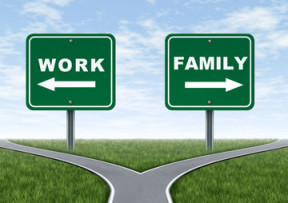
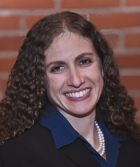 Rabbi Stephanie Ruskay serves as the Clergy Organizer at JOIN for Justice. Trained in organizing through JOIN’s Seminary Leadership Project, Stephanie is particularly focused on helping rabbis develop and use organizing skills to help transform their communities and work more effectively to pursue social justice. Stephanie also serves as the Director of Alumni and Community Engagement at AVODAH: The Jewish Service Corps.
Rabbi Stephanie Ruskay serves as the Clergy Organizer at JOIN for Justice. Trained in organizing through JOIN’s Seminary Leadership Project, Stephanie is particularly focused on helping rabbis develop and use organizing skills to help transform their communities and work more effectively to pursue social justice. Stephanie also serves as the Director of Alumni and Community Engagement at AVODAH: The Jewish Service Corps.


